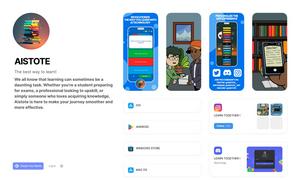
Top choices to instantly enhance your productivity.
Find the Best AI Tools to Optimize Your Work and Personal Tasks
Best AI Tools for Mobile App Platform in 2024
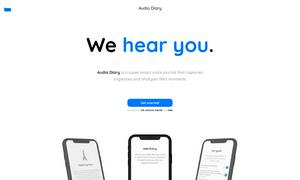

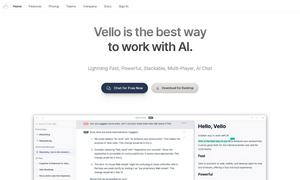
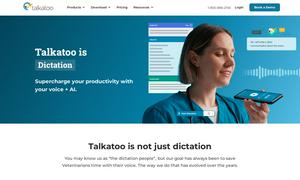



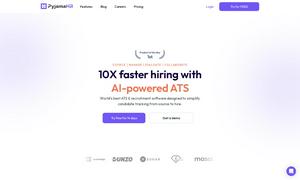
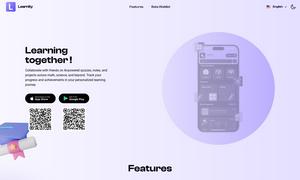
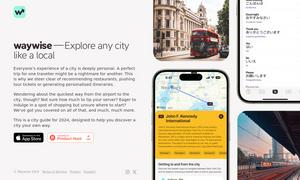

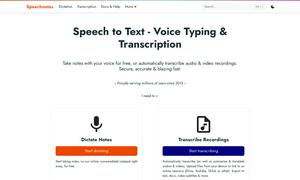
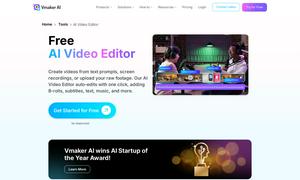
What is Mobile App
A Mobile App Platform is a comprehensive solution enabling developers to build, deploy, and manage mobile applications efficiently. It streamlines development processes, offers robust integrations, and enhances user experience. Key benefits include reduced time-to-market, scalability, and access to powerful analytics, making app management seamless and effective.
How Mobile App works
A Mobile App Platform works by providing a set of tools and services that streamline the app development lifecycle. Users typically begin with customizable templates, integrate necessary APIs, and utilize built-in testing features. Once development is complete, the platform facilitates deployment to various app stores, with ongoing support for analytics, user feedback, and updates, ensuring a smooth user experience.
What are the advantages of Mobile App?
The advantages of a Mobile App Platform include enhanced efficiency in app development, reduced costs, and improved scalability. These platforms offer unique features such as cloud hosting, cross-platform functionality, and real-time analytics. This allows developers to focus more on innovation while enjoying streamlined processes, ultimately adding significant value to their projects.
Key Features for Mobile App
Rapid Development Cycle
The rapid development cycle of a Mobile App Platform accelerates app creation, allowing teams to launch products to market faster. This unique feature enhances collaboration and minimizes bottlenecks, ensuring developers can respond swiftly to user needs and market demands, ultimately driving business growth and innovation.
Seamless Integration Capabilities
Seamless integration capabilities are a standout feature of Mobile App Platforms, enabling developers to connect with third-party services effortlessly. This functionality enhances the app's overall performance and user experience, allowing businesses to leverage existing technologies and create more robust applications that meet diverse customer expectations.
In-built Analytics Tools
In-built analytics tools provided by a Mobile App Platform deliver crucial insights into user behavior and app performance. This feature allows businesses to make data-driven decisions, optimize user engagement, and enhance overall application functionality, setting the platform apart as a vital asset for app developers aiming for success.
Use Cases for Mobile App?
Typical use cases for a Mobile App Platform include creating e-commerce applications, fitness tracking apps, and educational tools. Businesses leverage these platforms to develop user-friendly applications that address specific needs, such as improving customer engagement or simplifying operations. By providing tailored features and analytics, these platforms help solve complex business challenges effectively.
FAQs for Mobile App
What are the key benefits of using a Mobile App Platform?
Using a Mobile App Platform offers numerous key benefits, including streamlined development processes and reduced time-to-market. It enhances collaboration among teams, providing essential tools for testing and deployment. By leveraging these platforms, developers can create high-quality applications that meet users' needs effectively and efficiently.
How does a Mobile App Platform enhance user engagement?
A Mobile App Platform enhances user engagement by providing features such as personalized content, push notifications, and easy-to-navigate interfaces. These elements foster user interaction and retention, ensuring that applications remain relevant and engaging. By addressing user needs, the platform effectively contributes to higher satisfaction rates.
In what scenarios is a Mobile App Platform most beneficial?
A Mobile App Platform is most beneficial in scenarios involving rapid application development, such as startups needing to prototype quickly or established businesses looking to expand their mobile presence. These platforms offer flexibility and essential tools, enabling users to efficiently meet market demands and adapt to changing business needs.
What makes a Mobile App Platform stand out from traditional development methods?
A Mobile App Platform stands out from traditional development methods due to its integrated tools and streamlined processes. This platform allows for faster development cycles, easy integration of services, and improved user analytics. By providing a cohesive environment, it enhances productivity and innovation, making it invaluable for modern app development.
How does a Mobile App Platform streamline the development process?
A Mobile App Platform streamlines the development process by offering pre-built templates, API integrations, and automated testing features, allowing developers to focus on core functionalities. By simplifying these elements, the platform reduces development time, fosters collaboration, and ensures consistent quality, thereby meeting business goals efficiently.
What unique offerings does a Mobile App Platform provide for user acquisition?
A Mobile App Platform provides unique offerings for user acquisition through advanced marketing tools and analytics features. These tools enable businesses to track user engagement, implement targeted campaigns, and optimize user experiences. By leveraging these resources, companies can effectively attract, retain, and grow their user base, ensuring long-term success.

























